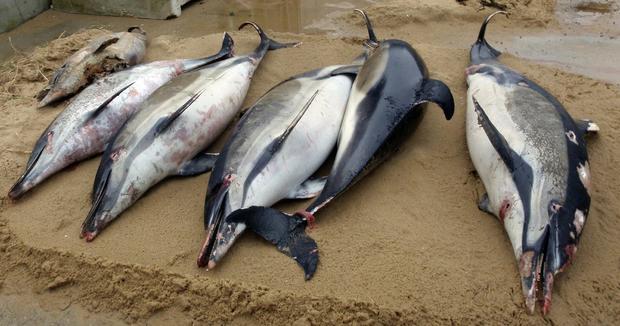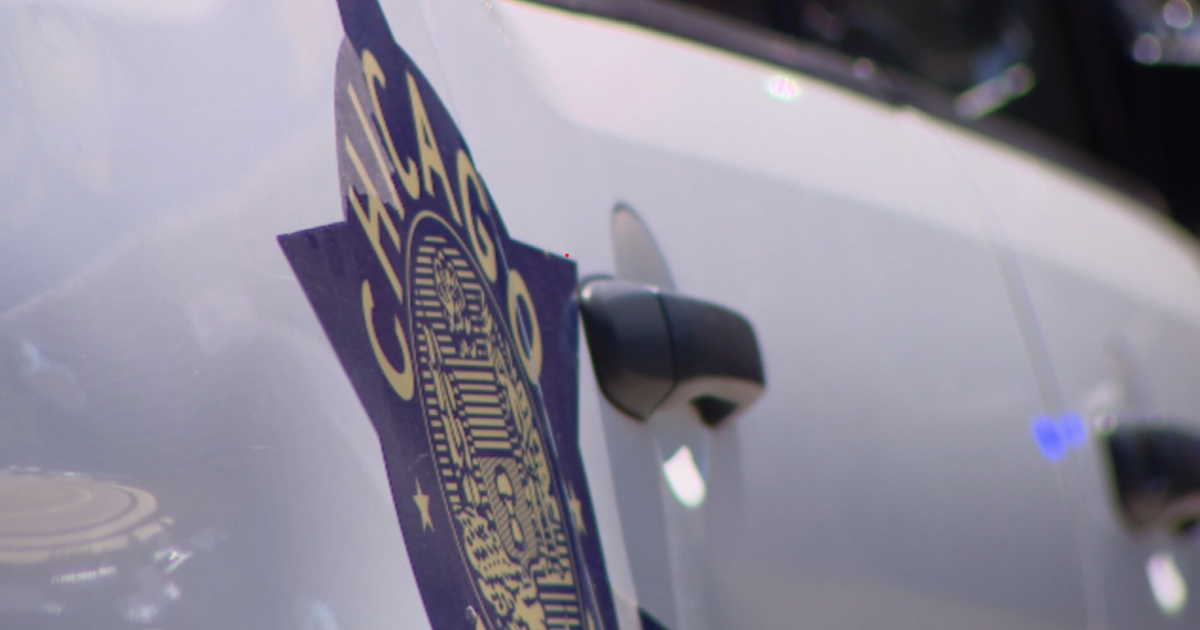1,100 mutilated dolphins have washed up on French beaches
A record number of mutilated dolphins have washed up on the shores of French beaches in 2019, alarming animal welfare groups globally. France is now attempting to take action, although animal rights groups said it isn't enough.
According to the Associated Press, 1,100 dolphins have been found on the beaches of France's Atlantic coast since January. The dolphins were not only dead but had been badly mutilated, many with their fins cut off.
The massive amount of deaths is being blamed on the industrial fishing industry. Animal welfare groups worldwide have expressed concern, and France's ecology minister has launched a national campaign to protect them in the future.
"There's never been a number this high," Willy Daubin, a member of La Rochelle University's National Center for Scientific Research, told the AP. "Already in three months, we have beaten last year's record, which was up from 2017 and even that was the highest in 40 years."
Daubin said that 90 percent of the fatalities were a result of dolphins being accidentally captured by industrial fishing nets. However, there is not yet a clear reason for this year's massive spike.
Autopsies performed by La Rochelle University's National Center for Scientific Research show "extreme levels of mutilation." Activists said this is because fisherman often cut body parts off of suffocated dolphins caught in their nets in order to preserve the nets.
French President Emmanuel Macron often preaches the slogan, "Make the Planet Great Again." In April, he argued the U.S. should remain a part of the Paris Climate accord. "Let us face it, there is no Planet B," he said at the time.
Now, French Ecology Minister Francois de Rugy is attempting to lower the number of dolphin deaths caused by humans. He is supporting increased research into acoustic repellent devices, which send unpleasant signals to nearby dolphins, causing them to swim away. The research will look into existing devices in 26 commercial fishing vessels off the Bay of Biscay in the Atlantic Ocean.
But animal rights group Sea Shepherd called the devices "useless." The group claimed many fishermen don't actually activate the devices for fear they could scare off valuable fish. The group also claimed noise-polluting devices are not a sustainable long-term solution and disrupt all marine life.
"The government needs to take responsibility and act — especially Macron, who said he wanted to protect ecology," Lamya Essemlali, president of Sea Shepherd France, told the AP. She said current industrial fishing rates are likely to drive dolphins to extinction.
Essemlali said the spike in dolphin deaths started three years ago, when hake fishing was reinstated after a long ban. She also blamed the crisis also stems from increased demand for low-cost fish. "Right now, the sea bass that is being caught by the trawlers that kill dolphins you can find on the French market for 8 euros per kilogram ($4 per pound)," Essemlali said.
Global seafood consumption has more than doubled in the past 50 years, according to the European Commission, a rate that rights groups have called unsustainable.




